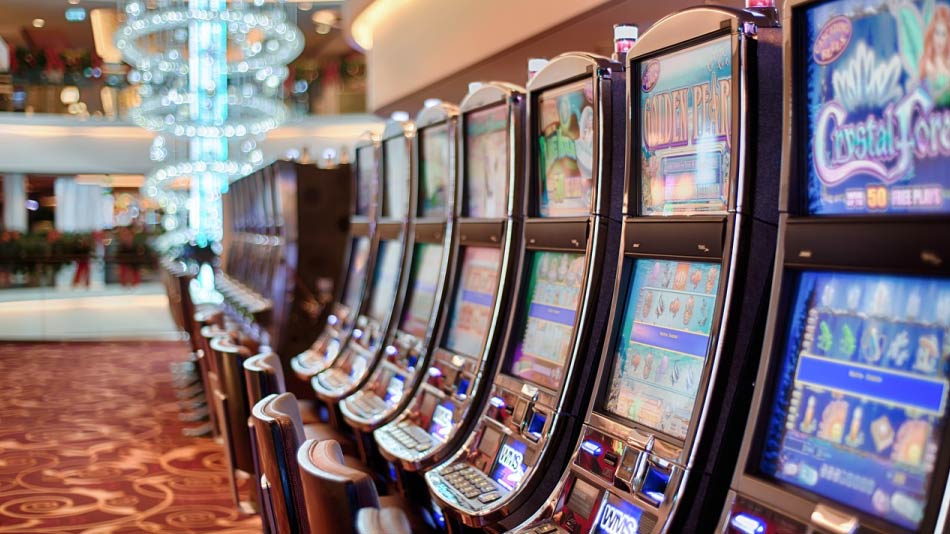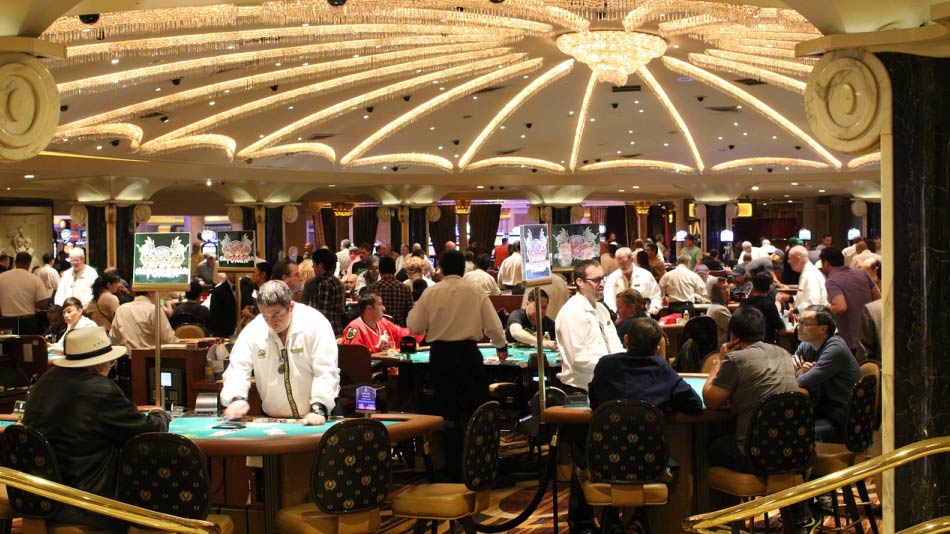In recent months, casino workers in Nepal have taken to the streets, voicing their concerns and standing up for their rights. These protests are not isolated incidents; instead, they represent a larger, organized movement that seeks to address long-standing issues within Nepal’s burgeoning casino industry. In this article, we will explore the reasons behind these protests, the demands of the workers, and the role of the Casino Workers Union, which has been at the forefront of this labor struggle.
The Emergence of Casinos in Nepal

Nepal has become a notable hub for casinos, particularly in cities like Kathmandu and Pokhara. With growing tourism and a thriving hospitality industry, casinos are seen as significant contributors to the local economy. Online casinos like MCW Nepal cater to tourists and locals alike, providing entertainment and employment opportunities.
However, beneath the surface of this glamorous industry, workers face many challenges. While casinos generate significant revenue, the benefits have not always trickled down to the workforce, leading to employee discontent. This is where the Casino Workers Union has played a crucial role, advocating for the fair treatment of workers.
Root Causes of the Protests
The protests stem from multiple grievances that have accumulated over time. Key concerns include:
1. Unpaid Wages
One of the primary reasons casino workers in Nepal have mobilized is the issue of unpaid or delayed wages. Many workers have reported not receiving their salaries for months, creating financial instability for them and their families. This has been a significant point of contention for a sector as lucrative as gambling.
2. Poor Working Conditions
Apart from wage-related issues, many casino employees have highlighted the poor working conditions they are forced to endure. It includes long working hours, inadequate breaks, and a lack of proper health and safety measures. In an industry that demands alertness and professionalism, such conditions can be both mentally and physically taxing on the workers.
3. Job Security
Nepal’s casino industry is highly competitive, and job security is a primary concern for employees. The uncertainty surrounding contracts, the frequent hiring and firing of staff, and the lack of transparency in employment terms have left many workers feeling vulnerable. The Casino Workers Union has repeatedly called for more robust employment protections to ensure long-term stability for the workforce.
The Role of the Casino Workers Union
The Casino Workers Union has been instrumental in bringing these issues to light. Formed to protect and advocate for the rights of casino employees, the union has been at the forefront of organizing protests and negotiating with casino management and government authorities.
1. Union Demands
The union has laid out several demands to address the concerns of its members. These include:
- Timely Payment of Wages: Ensuring all employees are paid their salaries on time and in full.
- Improved Working Conditions: Introducing measures to reduce long working hours, increase breaks, and ensure health and safety standards are met.
- Job Security: Implementing policies that guarantee longer-term contracts and prevent arbitrary dismissals.
- Medical Benefits: Offering health insurance and medical coverage for casino workers, many of whom face physical and mental health challenges due to the nature of their work.
2. Legal Battles
In recent years, the Casino Workers Union has also engaged in legal battles to protect the rights of workers. These efforts have held casino owners accountable for labor violations and ensured that casinos adhere to Nepal’s labor laws. Through these actions, the union hopes to secure better working conditions and fair treatment for all employees in the industry.
Government Involvement
The Nepalese government has a complicated relationship with the casino industry. On the one hand, casinos are a significant source of revenue, particularly through tourism. On the other hand, the ongoing protests have forced the government to reconsider its regulatory approach to the sector.
1. Government Response to Protests
Initially, the government appeared hesitant to intervene in the disputes between casino workers and their employers. However, as the protests have gained momentum, authorities have begun to acknowledge the severity of the issues at hand. There have been talks of new regulations aimed at protecting casino workers and ensuring compliance with labor laws. This includes the possible establishment of a government body dedicated to monitoring working conditions in casinos across the country.
2. Labor Law Reforms
The protests have also reignited discussions around labor law reforms in Nepal. Many of the country’s labor laws are seen as outdated, and there is a growing consensus that they need to be updated to reflect the realities of modern industries, including casinos. The Casino Workers Union has been pushing for these reforms, advocating for policies that would provide greater protections for casino employees.
Impact on the Casino Industry


The ongoing protests have had a noticeable impact on the casino industry in Nepal. Some casinos have reported disruptions to their operations, with workers staging walkouts and strikes. This has led to financial losses for casino operators and has raised concerns about the long-term sustainability of the industry if these labor issues are not resolved.
Casino MCW Nepal and Workers’ Rights
Casino MCW Nepal, a prominent player in the Nepalese online casino scene, has found itself navigating the complexities of these labor disputes. While the casino has continued to operate during the protests, it is crucial for management to engage in constructive dialogue with the Casino Workers Union to ensure that employees’ grievances are addressed. A fair and transparent resolution to these issues could serve as a model for other casinos in Nepal, helping to stabilize the industry and ensure that workers are treated with the dignity and respect they deserve.
Looking Ahead: The Future of Casino Workers in Nepal
The protests by casino workers in Nepal highlight a larger, global trend of labor movements within the hospitality and entertainment industries. Workers are increasingly standing up for their rights, demanding better wages, improved working conditions, and greater job security. In Nepal, the Casino Workers Union has proven to be a powerful force in this movement, and its efforts have brought about meaningful conversations about workers’ rights in the casino sector.
While the road ahead may be challenging, the continued efforts of the union, combined with potential government reforms and responsible corporate practices, could pave the way for a more equitable future for casino workers in Nepal. This would not only benefit the workers themselves but also strengthen the casino industry as a whole by creating a more stable and motivated workforce.
Conclusion
The protests by casino workers in Nepal reflect the growing discontent within the industry. With issues such as unpaid wages, poor working conditions, and job insecurity at the forefront, workers have united under the banner of the Casino Workers Union to demand change. As the government and casino operators like Casino MCW Nepal begin to address these concerns, there is hope that the industry will evolve to become more worker-friendly, ensuring that the people who power this lucrative sector are treated fairly and respectfully.



